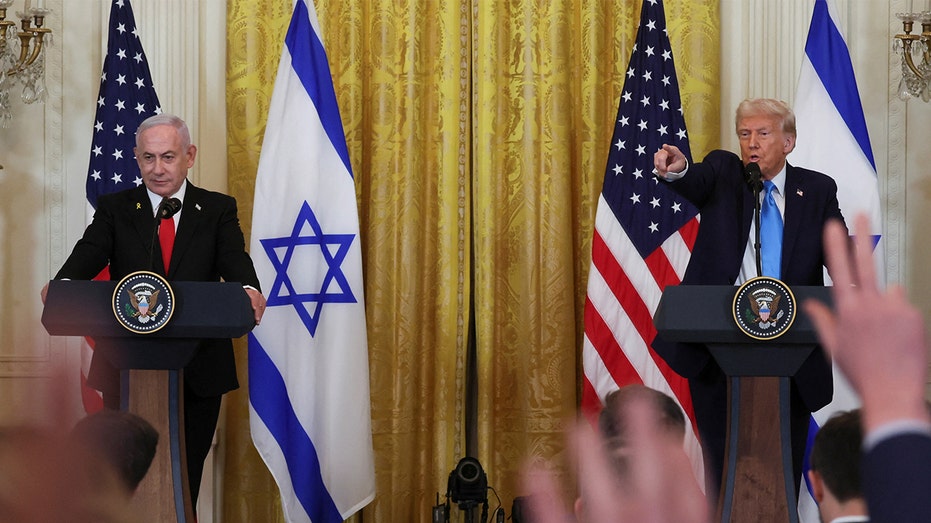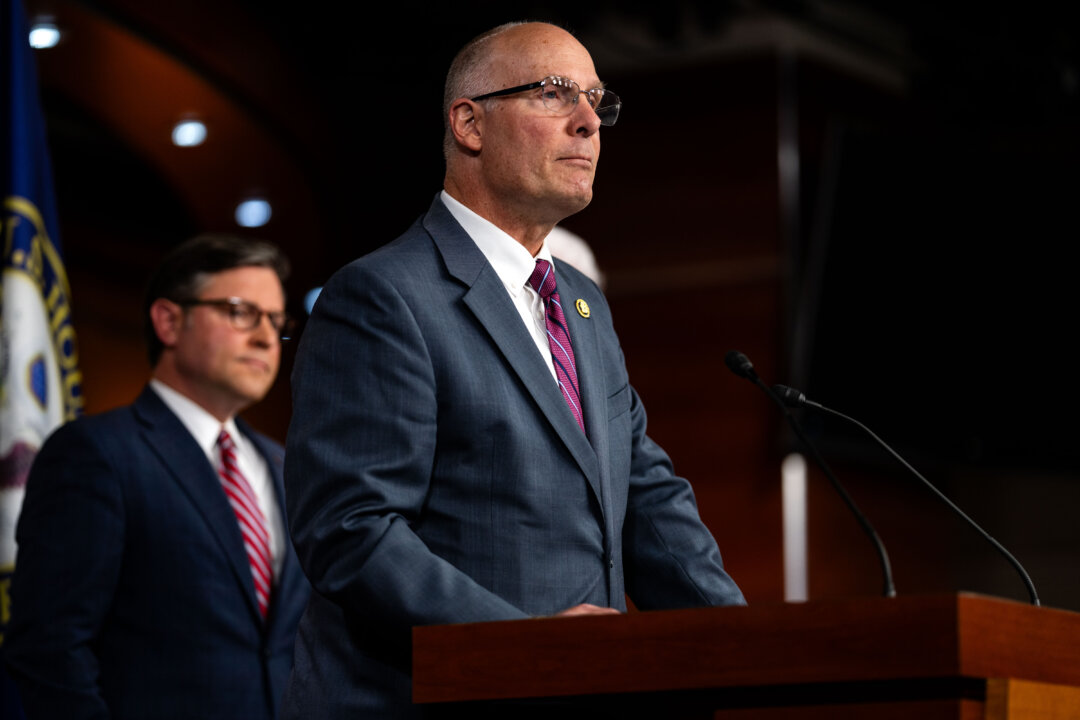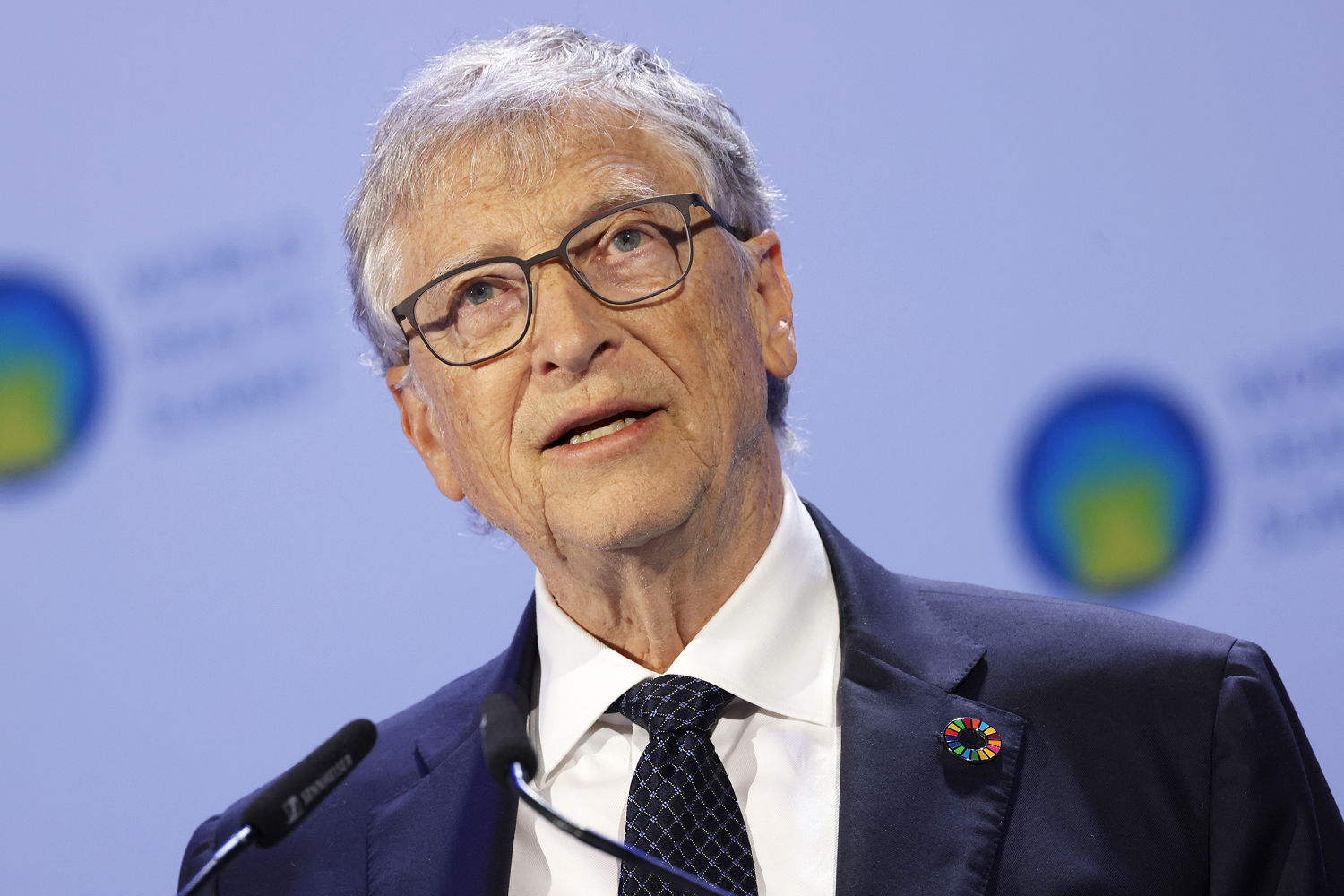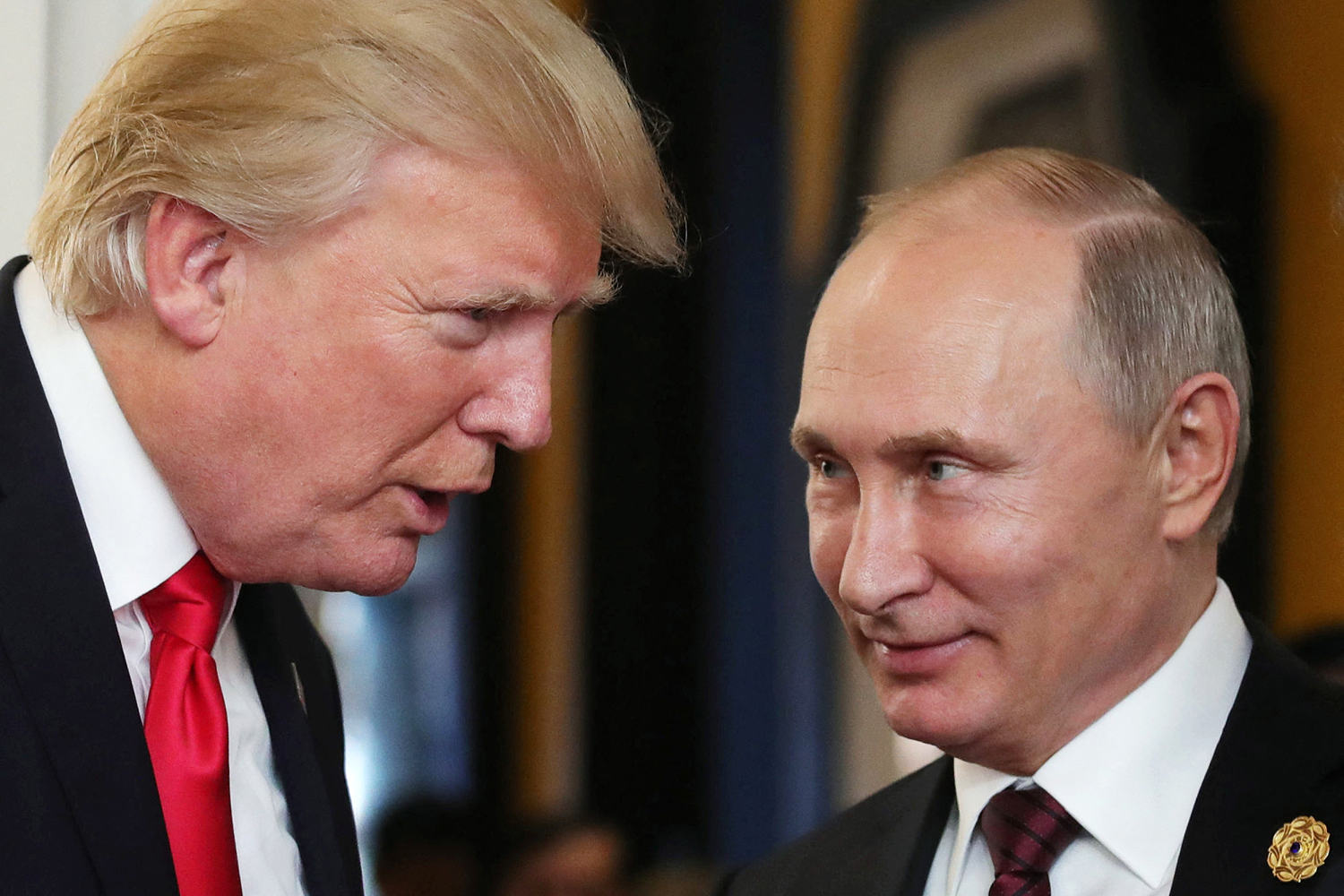

During my visits to Argentina in 2022, 2023, and 2024, I saw firsthand the movement that propelled anarcho-capitalist Javier Milei to the presidency. His leadership has drawn significant attention from both left-wing anti-capitalists and libertarians. Some critics argue that his policies are deepening poverty, while his supporters view him as a beacon of hope.
Argentina holds a grim distinction. No other country has experienced such a dramatic economic decline over the past century. In the early 20th century, Argentina’s per capita income ranked among the highest in the world. The phrase riche comme un Argentin — “rich as an Argentine” — was commonly used at the time.
What can Argentina’s experience teach us? Economic conditions often must deteriorate dramatically before capitalist reformers can gain traction.
During the late 19th and early 20th centuries, Argentina’s per capita income surpassed that of Italy, Japan, and France. By 1895, some estimates ranked it as the highest in the world. The country also recorded an extraordinary 6% annual GDP growth for the 43 years leading up to World War I — the largest sustained growth in recorded history.
Argentina’s economic success was not solely driven by raw material exports. Between 1900 and 1914, the country’s industrial production tripled, achieving growth comparable to Germany and Japan. This boom coincided with remarkable social progress. In 1869, only 12% to 15% of the workforce belonged to the middle class. By 1914, that figure had climbed to 40%. During the same period, the illiteracy rate dropped by more than half.
However, Argentina’s success story gave way to a century of unprecedented decline. The country’s real GDP per capita in 2018 had barely risen from its 1913 level — the lowest growth among all nations with available data for both years.
From Peronism to deregulation
During my visit, I met Fausto Spotorno, chief economist at the Centro de Estudios Económicos at consultancy firm OJF. He shared a striking statistic: Since 1945, Argentina has almost continuously faced double-digit inflation, with one major exception. In the 1990s, President Carlos Menem pegged the currency to the U.S. dollar, eliminating inflation for a decade. However, the move made Argentine goods uncompetitive, severely hurting exports.
For decades, Argentina remained deeply committed to statism. Peronism, a government-centered ideology, functioned as the country’s national religion. But by 2022, I could already sense a shift in public sentiment.
I traveled to several cities, including Corrientes, a place that reminded me of Southern France with its palm trees and proximity to one of the world’s largest rivers. There, I met Eduardo Tassano, the city’s mayor. Though he identified as a social democrat, he surprised me when asked what he would change about Argentina. Without hesitation, he called for labor market deregulation and tax cuts — clear signs that libertarian ideas were gaining traction.
When my survey on perceptions of the market economy was conducted in 2022, the results showed a major shift in public sentiment. More than a year before Milei’s election victory, a majority of Argentines viewed the market economy more favorably than people in most other countries.
That same year, I met several key politicians from Milei’s movement. Their innovative marketing strategies stood out. Milei gained widespread attention by launching a lottery: Anyone who registered via social media had a chance to win his final month’s congressional salary. The payout — 350,000 pesos, or about $1,800 in May 2022 — was significant, considering Argentina’s average income was around 60,000 pesos.
The idea resonated. Within three months, two million Argentines signed up for the lottery. Milei wanted to send a clear message: “I didn’t go into politics for the money.”
Skepticism turns to confidence
I returned to Argentina immediately after Milei’s election. When I arrived on Nov. 19, 2023, I found two WhatsApp messages waiting on my phone.
“We won,” a representative of Milei’s party wrote. For the past year and a half, I had often discussed Milei’s rise and believed he had a strong chance of winning.
The second message came from José Fucs, editor at large of O Estado de S. Paulo, Brazil’s leading newspaper. “You were the first one to tell me he had huge support in Argentina, mainly among younger people, and could win the election,” he wrote.
I wondered whether Argentines would continue supporting Milei, even if his free market reforms initially worsened conditions. Historically, other successful capitalist reforms — such as those under Margaret Thatcher in the United Kingdom and Leszek Balcerowicz in Poland — caused short-term economic pain before delivering long-term gains. Would the people have the patience and resilience to endure this lean period?
By August 2024, I returned to Argentina for the third time. Public sentiment remained pro-Milei, with polls showing that more than 50% of the population supported him.
In Córdoba, Argentina’s second-largest city, I spoke at length with Mayor Alfredo Cornejo. A member of the Radical Party, he initially doubted Milei’s approach. But he told me his skepticism had turned into confidence. In his view, Argentina was now moving in the right direction.
A bracing dose of liberty
In Buenos Aires, I met Agustin Etchebarne, general director of the libertarian think tank Libertad y Progreso. He noted that Milei continued to enjoy strong support from young people and the poor — his core voting bloc.
“If they criticize him at all,” Etchebarne explained, “it’s only because they believe he isn’t being radical enough. They want him to take even tougher action against the despised Casta that brought the country to ruin.”
When Milei took office, Argentina’s inflation rate stood at nearly 26% per month. Now, it has fallen to 2.3%. The poverty rate initially increased, as I expected, but by the end of 2024, it had dropped below its pre-Milei level.
One of Milei’s most significant reforms involved bypassing intermediaries. Instead of funneling funds through left-leaning political organizations that claimed to support the poor but siphoned off money, his government now allocates aid directly to those in need.
“Milei gives the money directly to the poor, while the left-wing organizations are left empty-handed,” Etchebarne told me.
This marks a key difference between Milei and former conservative President Mauricio Macri. Macri unintentionally strengthened his left-wing opponents by distributing massive cash payments during his administration. By eliminating those intermediaries, Milei has ensured that Argentina’s poorest citizens receive more direct assistance than before.
What can Argentina’s experience teach us? Similar to the United Kingdom in the 1970s, economic conditions often must deteriorate dramatically before capitalist reformers like Thatcher or Milei can gain traction. But even that is not enough. A shift in public opinion must precede meaningful reform.
Before Thatcher’s rise, influential think tanks such as the Adam Smith Institute and the Institute for Economic Affairs helped shape public discourse. In Argentina, libertarian think tanks played a similar role in laying the groundwork for Milei’s presidency. Now, he is reaping the benefits of their efforts.
Editor’s note: This article is an excerpt from Rainer Zitelmann’s new book, “The Origins of Poverty and Wealth: My World Tour and Insights from the Global Libertarian Movement.”
.png)
 15 hours ago
3
15 hours ago
3














 English (US)
English (US)